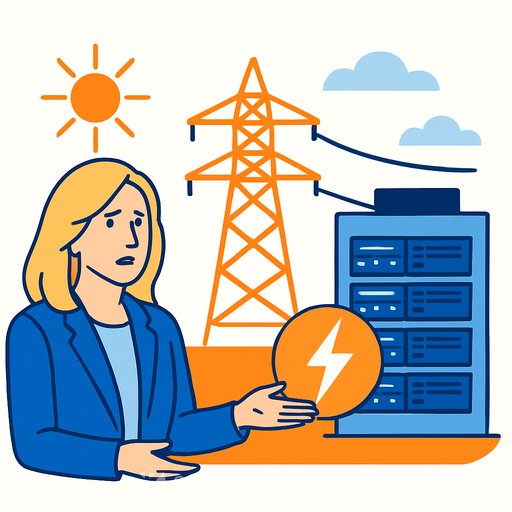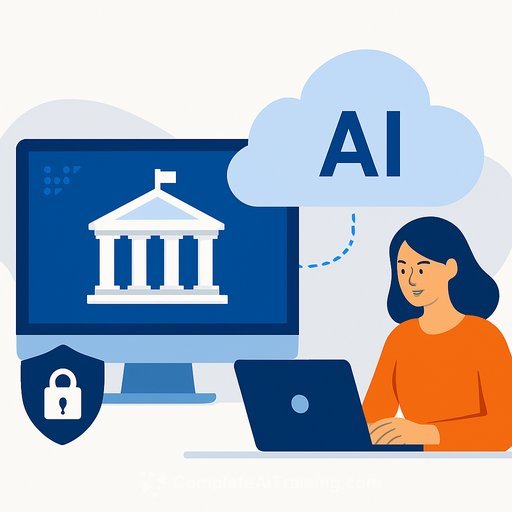Virginia's Governor-elect warns of an "energy crisis" as data center demand surges
Virginia Gov.-elect Abigail Spanberger says the state is on track for an energy crunch unless policy shifts make large users pay their share and expand local supply. On Sunday, she said poor regional policy choices have pushed prices up, especially in southwest Virginia, and called the situation a "crisis" if left unaddressed.
Virginia hosts the world's largest concentration of data centers. They bring jobs and tax revenue - an estimated $1 billion in 2024 - but also heavy load that contributes to higher bills. Consumer power costs rose nearly 7% over the last year.
What Spanberger is proposing
- Cost responsibility for large users: Require data centers and other high-demand users to pay their fair share for the generation and transmission that must be built to power them.
- More in-state generation and storage: Add local supply and improve storage to meet fast-growing demand from both big users and communities.
- Fix cross-border friction: Address regulatory issues between states that slow energy projects and complicate cost recovery.
- Protect low-income households: Make existing energy subsidy programs easier to access and more effective.
"We have to be clear-eyed about the fact that we will have an energy crisis headed into the future," Spanberger said. "It will be important that large-scale energy users, particularly data centers, [are] paying their fair share."
Why this matters for public officials
If you handle budgets, procurement, utility oversight, or regional planning, the stakes are immediate. Load growth from AI and cloud capacity is outpacing traditional timelines for generation and transmission buildout. Left unmanaged, costs shift to residents and small businesses, while reliability risks increase.
Practical steps agencies can take now
- Update load forecasts quarterly: Require utilities and major interconnecting customers to provide current demand projections and scenario stress tests.
- Align rates with cost causation: Explore special contracts, demand charges, and contribution policies that assign buildout and reliability costs to large users driving them.
- Prioritize local supply and storage: Fast-track permitting for in-state generation and storage that reduce congestion and peak strain near data center clusters.
- Coordinate interconnection timelines: Work with regional grid operators to sequence projects so communities aren't paying for stranded or delayed upgrades.
- Increase transparency: Publish who pays for which upgrades, expected bill impacts, and how protections for low-income customers will be enforced.
- Simplify assistance programs: One application, clear eligibility, regular outreach, and automatic enrollment where permitted by law.
Key risks to watch
- Cost shifts: If big users don't carry their share, residential and small commercial customers will.
- Reliability gaps: Demand spikes without firm capacity and storage put stress on peak hours and contingency events.
- Permitting delays: Generation, storage, and transmission timelines can lag far behind load growth.
- Equity and access: Rising rates can erase gains from assistance programs if enrollment and benefits lag.
Context and sources
Data centers drive significant, concentrated electricity demand, especially as AI expands. For national context on state energy profiles and prices, see the U.S. Energy Information Administration's Virginia overview here. For grid planning and interconnection considerations relevant to Virginia and neighboring states, consult PJM Interconnection resources here.
What's next
Spanberger, a Democrat and former member of Congress representing parts of northern and central Virginia, won the governorship by more than 14 points against Republican incumbent Lt. Gov. Winsome Earle-Sears. She takes office in January and has positioned energy affordability - and a clear cost framework for data centers - as an early priority.
If your agency is building AI capability while managing budget and energy constraints, a clear training strategy helps reduce waste. See curated options by job role here.
Your membership also unlocks:






